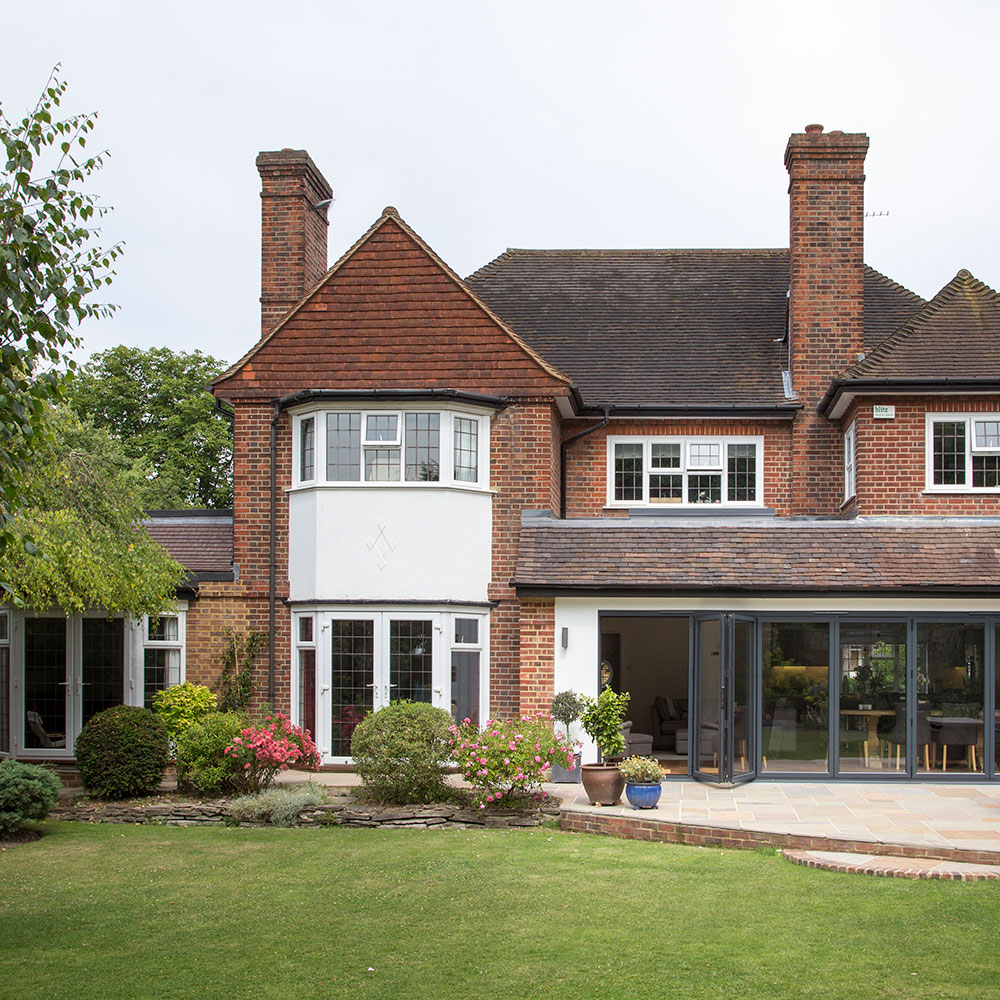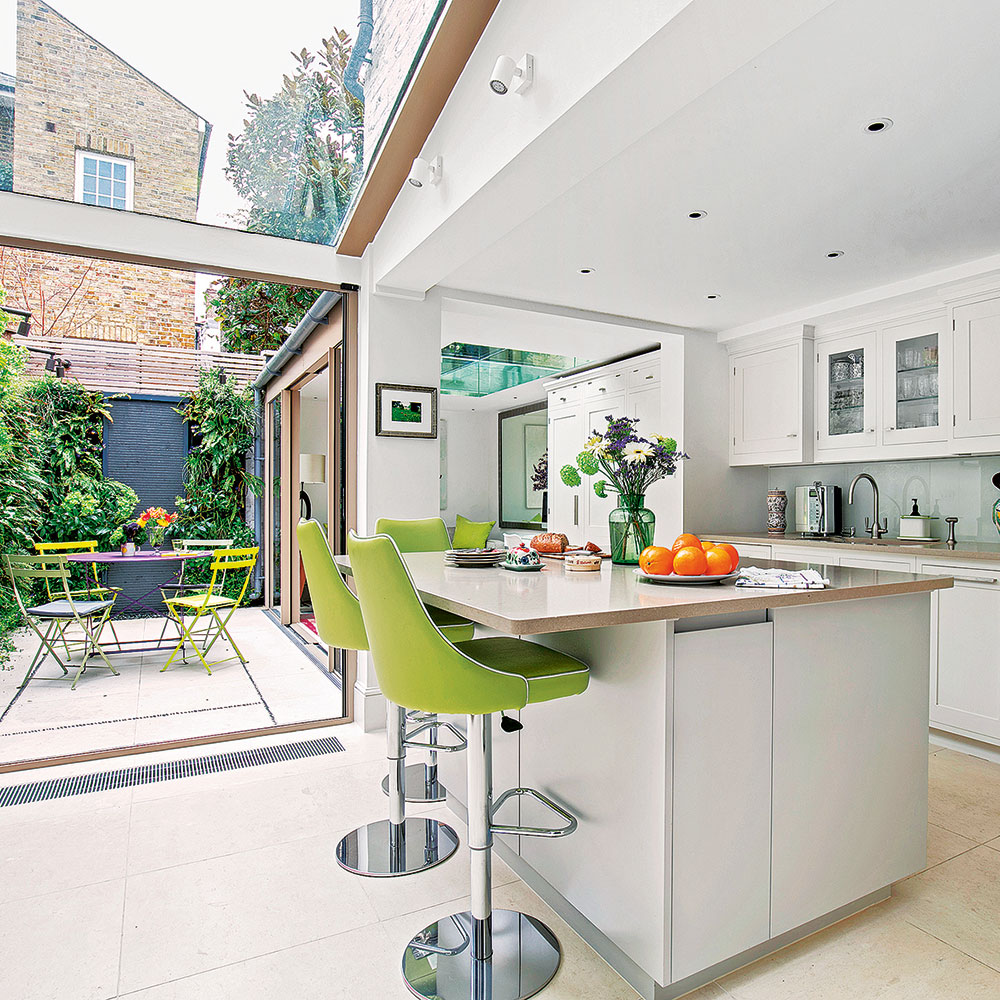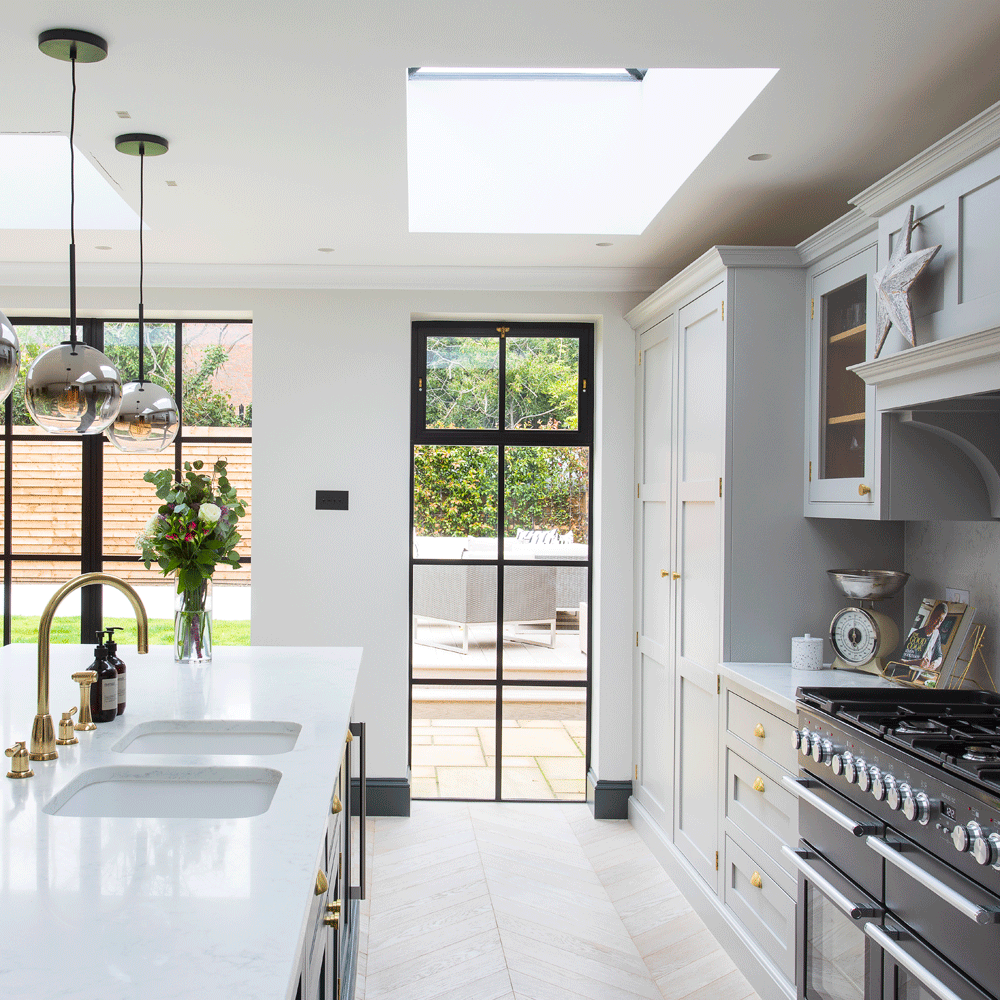Can a retrospective valuation help a buyer negotiate house prices?
Can a buyer use a retrospective valuation as leverage when negotiating the sale price? A chartered surveyor gives his expert opinion
Can a retrospective valuation be useful when trying to negotiate a house price? With house prices soaring across the UK since the start of the pandemic, buyers should definitely not shy away from negotiating house prices, and any new ways to try and get a better price are always welcome. Recently, some media outlets have been advising buyers to get a retrospective or backdated valuation to see if there's a disparity between pre-pandemic and current house prices. Does this approach actually work, and what do buyers need to know about backdated valuations? We've asked Ross Counsell, chartered surveyor and director at GoodMove. Here's what he had to say.
Related: Beware FON - snag a deal on a new home with these expert house price negotiating tips
What is a retrospective valuation?

Ross explains: 'A backdated, or retrospective/historical, property valuation simply means the price of a property from an earlier time. During a backdated valuation, a qualified surveyor will undertake a thorough investigation of a property and will look out for anything that may have increased the value of a home, including kitchen/bathroom renovations, room or garage additions or exterior improvements, such as adding in a driveway or renovating the garden. Backdated valuations also provide insight to the property market, and how prices have altered over the years.'
How can I get a backdated valuation?

Here's where it gets a little more complicated, because retrospective or backdated valuations can only be requested at certain points of the house sale. 'First, you cannot access a retrospective valuation on a property as this information is only provided to current homeowners, but you can pay for one to be undertaken if you have had the offer accepted on a home,' Ross stresses. 'Valuations are carried out for a client (usually a buyer or mortgage lender) and will only be available to them unless otherwise agreed with the client, but the new buyer will still have to pay for their own valuation/survey on the property if they come to purchase it with a mortgage.'
Will a retrospective valuation help me negotiate a house price?
There is one quite specific circumstance when it may be possible to re-negotiate the agreed sale price using the backdated valuation. Ross explains that this can only happen after your offer has been accepted but before the exchange of contracts. This is known as the Subject to Contract stage, and 'if the backdated valuation shows that the price of the property when the previous owner bought it is far lower than the offer you have put in, and the work that has been done since does not come close to the new valuation, you can use this to negotiate with your vendor or estate agent for a lower price.'

It's important to know that this is not by any means guaranteed just because you've obtained a backdated valuation: 'It’s the norm for a backdated valuation to be less than the current house price and other factors that lead to a natural increase of house prices (such as inflation/economy) come into play. So don’t just walk away from your offer if it shows a slight increase from before. But if you do think it is entirely unreasonable then you’re within your right to mention it to and see if anything can be done.'
Related: Homebuyers will lose out this year despite stamp duty holiday
Get the Ideal Home Newsletter
Sign up to our newsletter for style and decor inspiration, house makeovers, project advice and more.
Just remember: all price negotiations have to be completed before the exchange of contrasts, or you'll lose your deposit. Also, Ross suggests that there is another, less complicated (and free) way to check that you are paying a fair price on a house: check official sold prices in your area online (the Land Registry is a good place to start). 'If your offer is similar to that of current homes sold, you know that you are paying a reasonable price.'
Anna Cottrell is Consumer Editor across Future's home brands. She moved to the world of interiors from academic research in the field of English Literature and photography. She is the author of London Writing of the 1930s and has a passion for contemporary home decor and gardening.
-
 Will a conservatory add value to your home and how can you maximise it?
Will a conservatory add value to your home and how can you maximise it?This is what the pros say
By Amy Reeves
-
 I’ve been looking for a new signature scent for my home and The White Company's new fragrance is the exact summer holiday smell I needed
I’ve been looking for a new signature scent for my home and The White Company's new fragrance is the exact summer holiday smell I neededSantorini smells fresh, summery and sophisticated
By Kezia Reynolds
-
 How to remove algae from garden walls in five steps – and the cleaning product experts rave about for tackling it fast
How to remove algae from garden walls in five steps – and the cleaning product experts rave about for tackling it fastExperts share their top tips for getting garden walls algae-free
By Katie Sims